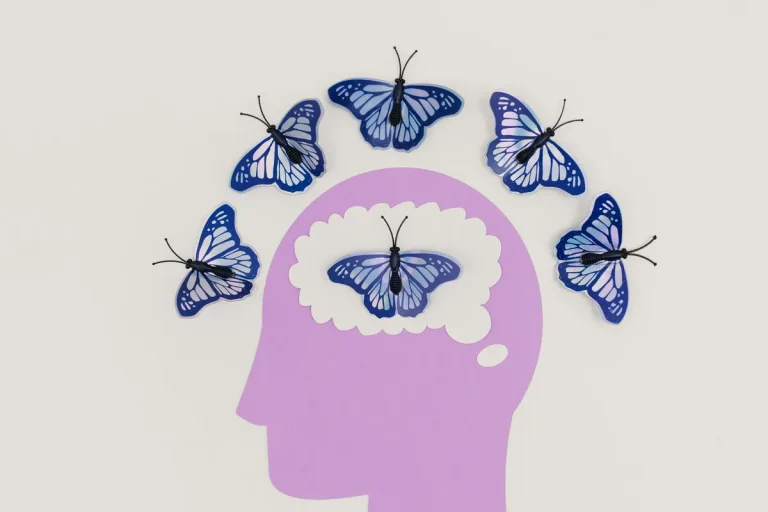Sleep hygiene refers to the habits and environmental factors that influence sleep quality. While many people focus on what to do before bed—like meditation or herbal tea—what you stop doing can be just as important. Certain behaviors, even if they seem harmless, can disrupt your body’s natural sleep rhythm and make it harder to fall or stay asleep.
This guide outlines seven common habits to avoid before bedtime, along with practical strategies to support better sleep hygiene and overall well-being.
Stop Using Screens Right Before Bed
Exposure to blue light from phones, tablets, and televisions suppresses melatonin production, the hormone responsible for regulating sleep. This can delay sleep onset and reduce sleep quality.
What to do instead: Power down devices at least 60 minutes before bed. Replace screen time with low-stimulation activities like reading, journaling, or gentle stretching.
Tip: Use blue light filters or night mode settings if screen use is unavoidable.
By signing up, you agree to receive emails from RealFit Wellness. You can unsubscribe anytime. See our Privacy Policy.
Your Weekly Wellness Boost

Stop Consuming Caffeine Late in the Day
Caffeine is a stimulant that can stay in the bloodstream for up to 8 hours. Consuming coffee, tea, energy drinks, or chocolate too close to bedtime can interfere with the ability to fall asleep and reduce deep sleep stages.
What to do instead: Limit caffeine intake after 2 PM. Opt for caffeine-free herbal teas or warm water in the evening.
Tip: Check labels on supplements and medications, as some contain hidden sources of caffeine.

Stop Using Alcohol as a Sleep Aid
While alcohol may initially make you feel sleepy, it disrupts sleep architecture and reduces REM sleep. It can also lead to nighttime awakenings and dehydration, making sleep less restorative.
What to do instead: Avoid alcohol at least 3 hours before bedtime. Focus on relaxation techniques that support natural sleep, such as breathwork or progressive muscle relaxation.
Tip: Stay hydrated with water or calming herbal infusions like chamomile or lemon balm.
Stop Eating Heavy Meals Late at Night
Large or spicy meals close to bedtime can cause indigestion, acid reflux, and discomfort, all of which interfere with sleep. The digestive system slows down during sleep, making late-night eating problematic.
What to do instead: Finish dinner at least 2–3 hours before bed. If needed, choose light snacks like bananas, yogurt, or almonds that support sleep.
Tip: Avoid foods high in sugar or saturated fats, which can spike energy levels and disrupt sleep cycles.

Stop Exercising Too Close to Bedtime
While regular exercise improves sleep quality, intense physical activity late in the evening can elevate heart rate and body temperature, making it harder to wind down.
What to do instead: Schedule workouts earlier in the day or opt for gentle movement like yoga or stretching in the evening.
Tip: If evening workouts are unavoidable, allow at least 2 hours between exercise and bedtime to give the body time to cool down.
Stop Engaging in Stimulating Mental Activities
Problem-solving, work-related tasks, or emotionally charged conversations can activate the brain and increase cortisol levels, making it difficult to transition into a restful state.
What to do instead: Create a wind-down routine that includes calming activities like reading, listening to soft music, or practicing mindfulness.
Tip: Set boundaries around work and screen time to protect your evening hours.
Stop Irregular Sleep Scheduling
Going to bed and waking up at inconsistent times disrupts the body’s circadian rhythm. This can lead to difficulty falling asleep, fragmented sleep, and daytime fatigue.
What to do instead: Maintain a consistent sleep schedule—even on weekends. Aim to go to bed and wake up within the same 30-minute window each day.
Tip: Use natural light exposure in the morning to reinforce your body’s internal clock.
Final Thoughts
Improving sleep hygiene doesn’t require drastic changes. By eliminating a few common habits before bed, it’s possible to create a more supportive environment for rest and recovery. These adjustments help regulate the body’s natural rhythms, reduce sleep disturbances, and promote deeper, more restorative sleep.
Consistency is key. Over time, these small shifts can lead to significant improvements in sleep quality, mood, and overall health.






